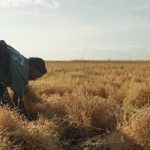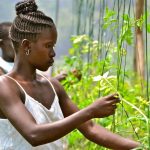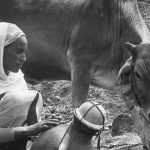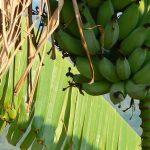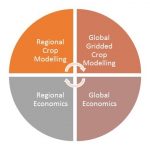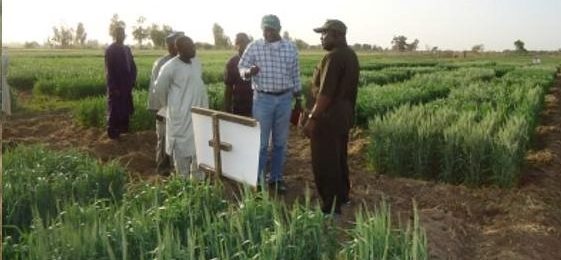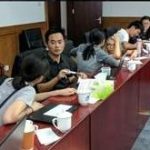By ICARDA Communication Team — This work received direct funding support from the CGIAR Research Program on Policies, Institutions, and Markets (PIM) through the Global Futures and Strategic Foresight (GFSF) Project. Open access was provided by PIM. An international partnership of research centers has found that increased investment in agriculture research and development could result >> Read more
Events & News
Expanding livestock production in Asia and Africa key to environmental and human welfare gains
By Susan MacMillan, ILRI — Published this month in Global Food Security and led by scientists at the International Livestock Research Institute (ILRI), this paper confirms a wealth of similar evidence showing that, with sufficient and targeted investments in their livestock sectors, many low- and middle-income countries can achieve both better nutrition and incomes for >> Read more
Webinar: Climate resilience and job prospects for young people in agriculture
Climate change matters for all people. Does it matter particularly for young people? If so, where and how? Join this PIM Webinar on February 7 (Thursday) with Karen Brooks (Georgetown University) and Keith Wiebe (IFPRI) to learn more and discuss! Countries with a high proportion of young job seekers (for example, those projected in 2030 to have 15% or more >> Read more
Leveraging higher demand for livestock-derived foods to meet nutritional needs of the world’s poor
By Dolapo Enahoro, ILRI — The livestock sector is a major contributor to global food supply of energy, proteins, essential nutrients and it provides livelihoods to millions of people. In many low and middle-income countries (LMICs) livestock production is also the mainstay of the economy. As such, investment in development of the livestock sector can >> Read more
Risk of increased food insecurity under stringent global climate change mitigation policy
By Tim Sulser, IFPRI— Several IFPRI-based GFSF researchers were pleased to join with other authors from AgMIP (led by Tomoko Hasegawa from the National Institute for Environmental Studies of Japan) to publish an article, "Risk of increased food insecurity under stringent global climate change mitigation policy," in Nature Climate Change. The article can be found >> Read more
How much will it cost to end hunger?
By Tim Sulser — As part of the Sustainable Development Goals (SDGs), world leaders have committed to ending hunger by 2030. Yet despite unprecedented progress made in recent decades, the world is not on track to reach the goal. Current levels of spending to end hunger are inadequate. Global Futures and Strategic Foresight researchers working >> Read more
CGIAR centres and research programmes combine forces to reduce the damage of banana disease in Uganda
By Bioversity International/RTB — Bananas and plantains (Musa spp.) provide a major source of food and income for over 30 million people in Eastern and Central Africa (ECA). Uganda produces an estimated 10 million tonnes annually valued at about US$550 million. Most ECA bananas are domestically consumed with the highest global per capita consumption of >> Read more
IFPRI contributions to AgMIP-Phase II
By Daniel Mason D'Croz, IFPRI — The Agricultural Model Intercomparison and Improvement Project (AgMIP) has been and continues to be an important forum for agricultural modelers to come together and compare their modeling efforts, with the objective to improve our understanding of the uncertainties facing agriculture, and to leverage modeling tools to better inform policymakers. >> Read more
Prospects for wheat self-sufficiency in sub-Saharan Africa based on adoption of improved management practices and wheat area expansion
By Aymen Frija, ICARDA — In the framework of the R&D SARD-SC project funded by the AfDB, and as part of the Global Futures & Strategic Foresight program, the ICARDA foresight team recently used the IMPACT model used to assess the effect of the adoption of improved wheat management and areas expansion (AE) on the >> Read more
IMPACT Training at The Chinese Academy of Agricultural Sciences (CAAS)
By Daniel Mason-D'Croz and Shahnila Dunston, IFPRI— In collaboration with the Chinese Academy of Agricultural Sciences (CAAS), the International Food Policy Research Institute (IFPRI) presented a 5-day short-course on scenario analysis and economic modeling with IFPRI’s International Model for Policy Analysis of Agricultural Commodities and Trade (IMPACT). The course was hosted by CAAS in Beijing, >> Read more
